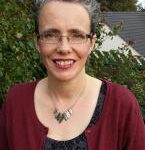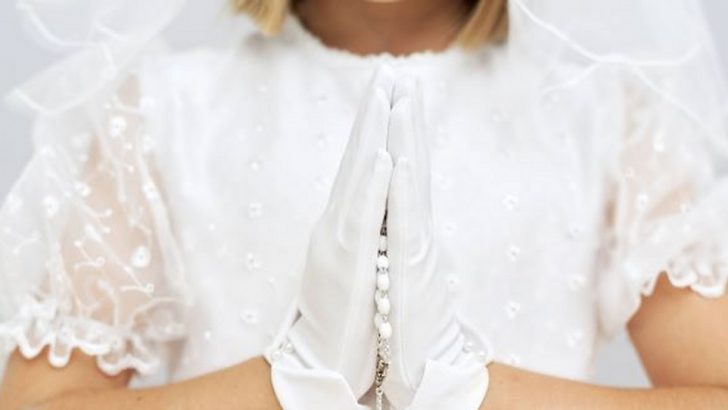We had great plans for sacramental preparation in the parish this year some of which came to fruition and some of which we have had to set aside. We had planned three evenings during Lent for the parents of children preparing for First Reconciliation and First Holy Communion and anyone else in the parish who wanted to come along. Having listened to parents, we planned three evenings, Exploring Reconciliation, Exploring the Mass and Exploring Prayer. We only got as far as the first one before it became clear that we couldn’t continue to gather people together.
When it comes to working with parents it is really important to have an understanding of Adult Learning. We didn’t want to simply pour information out on this group of adults as if they were empty vessels. We understood that we needed to connect with their own experience, explore catechetical and theological ideas in the language of everyday life and support parents in feeling confident to talk to their own children about reconciliation, Eucharist and prayer.
For the evening on Exploring Reconciliation we wanted to put the idea of sacramental reconciliation into a wider context, exploring why reconciliation is important in our lives. We invited Richard Moore, founder of the Charity Children in Crossfire to come and talk about his own life experience. We knew that Richard would be able to lift the idea of reconciliation out of theory and plant it firmly in everyday life.
When Richard was a young boy aged just ten he was shot with a rubber bullet and blinded by a British soldier while making his way home from school. Listening to Richard talk about those days, with images of Derry in the Troubles playing in the background, was powerful. There was a quality of listening, engagement and empathy that reflected how deeply those present were impacted by Richard’s story. Richard’s resilience, his capacity to rebuild his life, the faith of his family, his determination not to be limited by his blindness and the founding of his charity Children in Crossfire were awe inspiring.
And then came more – in 2006 Richard met Charles, the soldier who had shot him. Not only did he meet him, he actually became and remains friends with this man. To quote Richard himself, he says
“Meeting him helped me appreciate what forgiveness actually means to me. I felt a sense of euphoria. I said, ‘I forgive you and I have always forgiven you. I have no hatred towards you’ I felt that was seismic. I was sharing that emotion with the person I needed to share it with.”
This is what reconciliation is about – acknowledging pain, being open, speaking honestly and being prepared to forgive and be forgiven. It was clear to all of us listening that it was Richard’s freedom from hatred, his capacity for forgiveness which enabled him to live with such generosity, courage and joy. If he had nurtured bitterness and resentment one can only imagine how that could have warped and limited his life.
We may not face the challenges Richard faced in life but we all experience the need for reconciliation. The sacrament of reconciliation gives us an opportunity to reflect on what is fractured and broken in our lives. God’s desire is to liberate us from all that makes our lives small, negative and selfish. Reconciliation is a sacrament of healing of ourselves, our relationships, our families and our communities. It offers us an opportunity to make a new start, to set out on the journey together again.
In these strange days of isolation and social distancing we might reflect on what that journey might look like in the future. We have been reminded in a powerful way that we are one body, throughout the world and that we have a responsibility to care for one another. Understanding and living out of that call to reconciliation will enable us to move forward with hope.


 Bairbre Cahill
Bairbre Cahill
